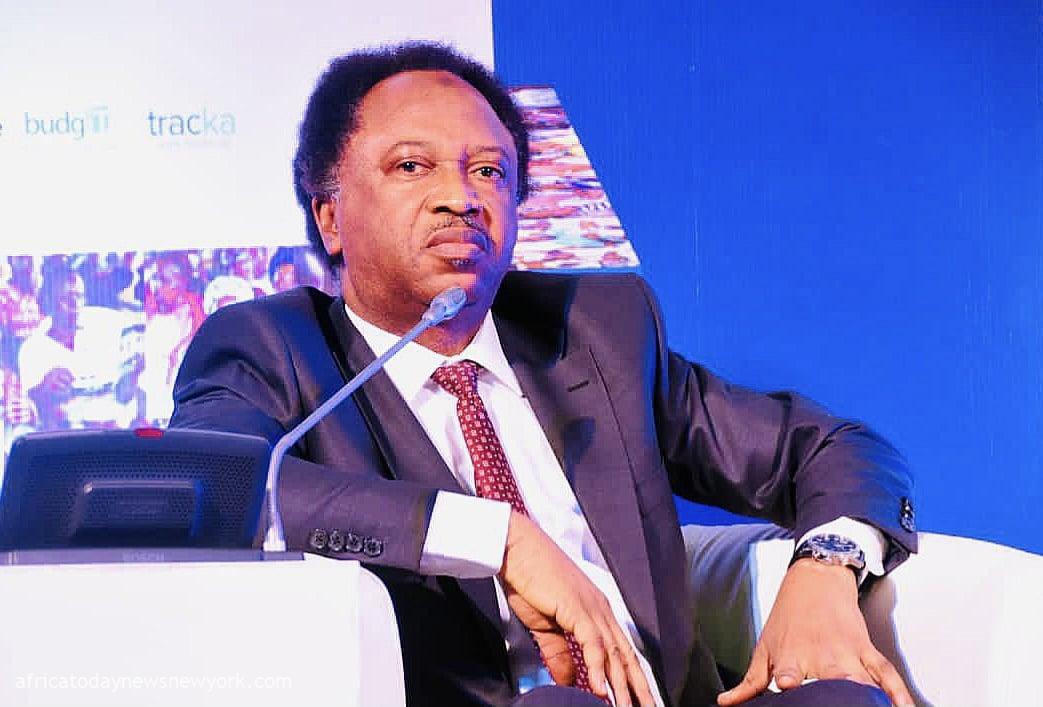A Senator who represented Kaduna Central in the 8th Nigerian National Assembly, Senator Shehu Sani, has criticised the Federal Government’s planned palliatives to cushion the effect of fuel subsidy removal on Nigerians.
Africa Today News, New York reports that against the backdrop of the announcement by President Bola Tinubu to immediately stop the payment of subsidy on petrol on May 29, the price of the essential commodity had jumped from below ₦200 per litre at NNPC outlets and many stations across the country to the ₦500 range.
Read Also: Subsidy Removal: Palliatives On The Way, Tinubu To Nigerians
The situation worsened on Tuesday when the Nigeria National Petroleum Company Limited (NNPCL) adjusted the petrol price to ₦617. Worried by the situation, Tinubu promised a monthly transfer of N8,000 to 12 million of the poorest households in the country for six months, in a bid to cushion the effects of the removal of fuel subsidy.
However, Shehu who appeared as a guest on Channels Television’s Politics Today said the palliatives aren’t enough to address the poverty in the land.
‘Palliatives are not enough to address the problems of poverty in this country,’ Shehu said. ‘Even if you go by the layout plan, you share ₦8,000 to a number of people, let us say 20 million for a period of time, then what becomes of other Nigerians that are not within that cycle of beneficiaries?’
‘What will become of Nigerians after expiration – the money has been exhausted? I believe that palliative measures should have both short-term and long-term issues.’
In the long term, the former lawmaker asked the Federal Government to increase workers’ salaries, assist farmers in food production as well as focus on agriculture.
During the show, Shehu said the planned move to retrieve the loan from the World Bank and share it with Nigerians will be suicidal.
Meanwhile, the National Executive Council (NEC) has agreed on palliative measures for Nigerians.
NEC also considered integrity tests on state social registers, cash transfers would be done via state social registers subject to state peculiarities.

